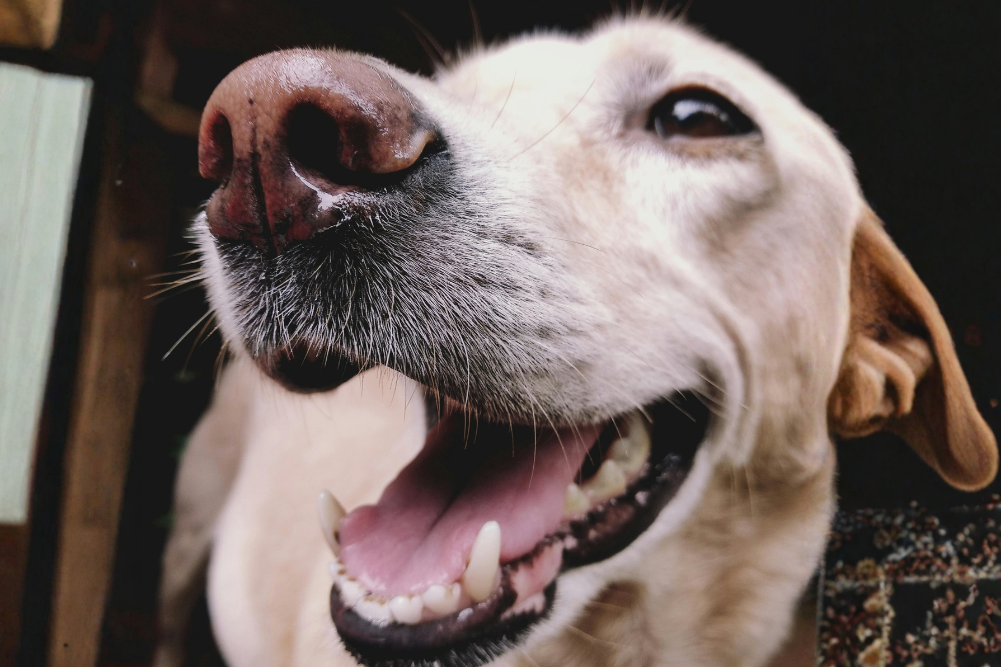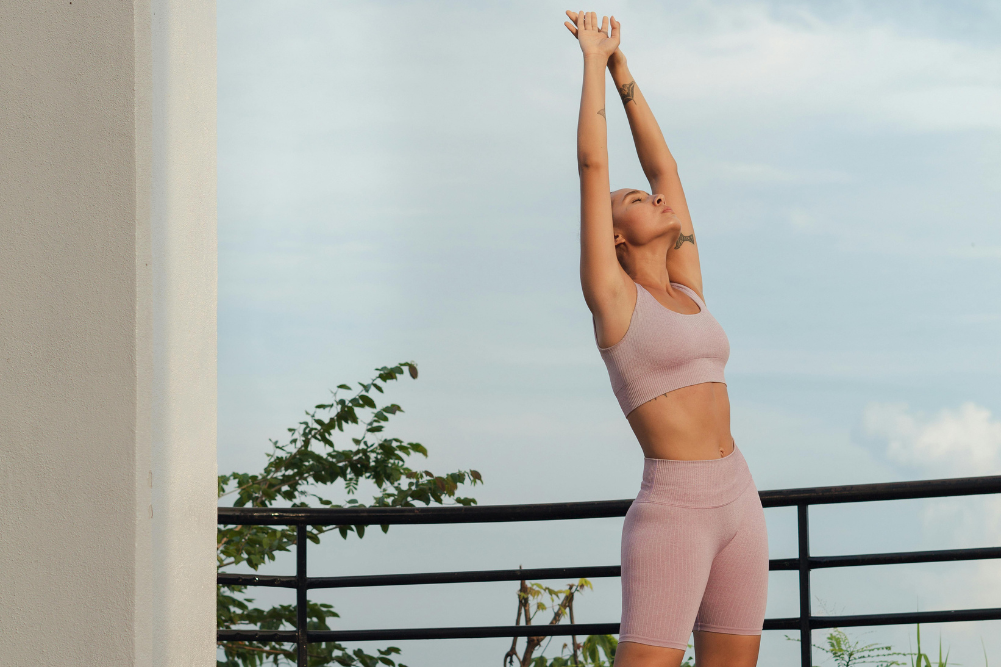Enhancing Cancer Care for Pets: The Role of Antioxidants
Sadly, integrative care for cats and dogs with cancer makes up a large proportion of the caseload of holistic vets. Pet parents seek alternatives to conventional care, or maybe want to help their pets through toxic treatments like surgery, chemotherapy or radiation. Many of our pet patients have specialist oncologist care and general practice care, as well as holistic care vets.
As well as helping our patients, one of our goals is not to interfere with any conventional treatments, but rather to enhance them. We aim to reduce the side effects of toxic treatments and improve cancer-killing effects, using strategies such as diet, supplements including antioxidant vitamins and herbs, as well as other lifestyle suggestions.
Many cancer treatments exert part of their effect by initiating oxidative stress in cancer cells. This can also lead to side effects in healthy organs such as heart and liver, as well as immune or gut problems. There are concerns among both human and veterinary oncologists that antioxidants may have a protective effect on cancer cells. However, in extensive reviews of studies in human medicine, the evidence suggests that antioxidants may increase the efficacy of conventional cancer treatments and protect the body from side effects. This protective effect often means that cancer treatment can continue, and overall survival, as well as the patient’s quality of life, can be increased.
The antioxidant tightrope
In a nutshell, antioxidants are molecules that can neutralise free radicals. Free radicals are a natural byproduct of metabolism. Endogenous antioxidants are products of the body and include glutathione and ubiquinol. Exogenous antioxidants include vitamins A, C and E, selenium, polyphenols and phytochemicals.
Oxidative stress is an imbalance of reactive oxygen species (ROS) and antioxidants in the body, and plays a role in the development of chronic diseases like cancer. However, although ROS are involved in cancer progression, very high levels of ROS, such as may be the result of chemotherapy, can lead to cancer cell death. So the concern is that antioxidants may not only protect normal healthy cells but may protect cancer cells as well.
One answer to this conundrum may be the dose of antioxidants used. High doses of antioxidants are more likely to have a cancer cell-killing effect because cancer cells are more susceptible to the effects of antioxidants, although the mechanism for this is not completely understood.
There are not the same high numbers of studies on the use of antioxidants in veterinary oncology, so we have to extrapolate from human research. One recent study discussed the protective effect of turmeric and a drug commonly used in canine cancer treatment.
Doxorubicin is an anthracycline antibiotic, used in dogs for the treatment of lymphoma, carcinomas, sarcomas and multiple myeloma. It may cause cardiac muscle damage in some dogs, leading to dilated cardiac myopathy and heart failure. The incidence of this may be 4 per cent in all dogs, but up to 15 per cent in breeds predisposed to dilated cardiomyopathy (DCM) such as Doberman, American cockers, Boxers, Great Danes and Newfies.
Curcuma is one of the components of turmeric spice and has been shown to have antioxidant, anti-inflammatory, cancer-protective and neuroprotective effects. A recent article shows that curcumin may reduce the level of ROS caused by doxorubicin in heart muscle cells. Coenzyme Q10 is another antioxidant that can help prevent chemotherapy-induced cardiotoxicity. So we use this information when planning cancer support care for dogs.
Intravenous vitamin C uses higher doses of vitamin C than can be tolerated orally, for its cancer cell-killing effect. Intravenous vitamin C has been shown in human cancer care to be a safe treatment, either when used with chemotherapy or as a standalone treatment. Patients have reported benefits including reduced fatigue, less pain and less depression. Intravenous vitamin C is commonly utilised in integrative veterinary cancer care and is tolerated well by our four-legged canine patients. Although there are few studies on dogs, one did demonstrate cytotoxicity to canine-derived cancer cells.
Our experience is that most dogs tolerate it well and have improved energy and appetite after treatments. We use the same precautions as in human medicine and monitor those with kidney or cardiac disease closely. Dogs with a history of calcium oxalate bladder stones may be at increased risk of stone development. We always begin treatments with a lower dose and titrate up to the high dose over two or three treatments.
An individualised approach
My approach to antioxidant supplements is individual to each patient. I look to diet as my initial antioxidant supply. Ideally, I try to migrate dogs and cats onto a low-chemical home-cooked diet of good-quality meat protein and a colourful mix of vegetables before any potential toxic treatments begin. I also like to begin a high-quality DHA/EPA supplement, an antioxidant blend containing vitamins A and E and other antioxidant herbs. Other specific antioxidant supplements will depend on the specific cancer treatment that is planned. I also use Traditional Chinese Medicine (TCM) herbal formulae, prescribed using TCM diagnostics as well as emerging research, in my cancer care plans.
Although there is no specific evidence to support it, I have a 24/48 hours rule when supplementing dogs or cats undergoing chemotherapy. This means stopping all herbs and supplements except probiotics and milk thistle 24 hours before and up to 48 hours after chemotherapy. I’m more conservative with dogs and cats undergoing radiation treatments and avoid most antioxidant vitamins, usually at the request of the oncologist.
We don’t have the scientific evidence base yet to support the broad use of antioxidants in veterinary cancer care, but an emerging case study load is
very encouraging.







